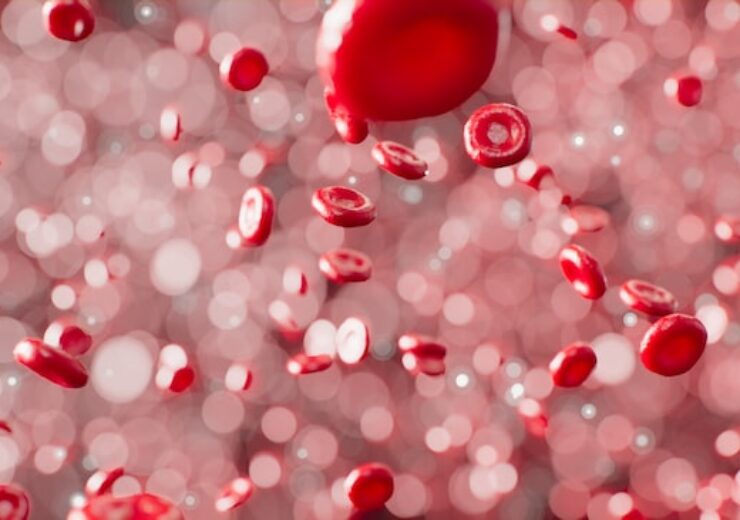Hemgenix is a gene therapy that promotes continuous production of factor IX to reduce abnormal bleeding in people with haemophilia B, and is said to be the first and only one-time gene therapy available for eligible people with this condition

FDA approves Hemgenix to treat haemophilia B. (Credit: ANIRUDH on Unsplash)
CSL Behring has received the US Food and Drug Administration (FDA) approval for Hemgenix (etranacogene dezaparvovec-drlb) to treat adults with haemophilia B.
Hemgenix is a gene therapy that promotes the continuous production of factor IX, a deficient associated virus (AAV) protein to reduce abnormal bleeding in people with haemophilia B.
The drug is indicated for adults with haemophilia B who currently use factor IX prophylaxis therapy, or have a current or historical life-threatening haemorrhage.
According to the US-based biopharmaceutical company, Hemgenix is the first and only one-time gene therapy for eligible people with haemophilia B.
CSL chief executive officer and managing director Paul Perreault said: “CSL is committed to delivering innovative and groundbreaking solutions to address unmet medical needs, and we are proud to introduce the next wave of breakthrough medicines for people living with haemophilia B.
“We recognise and thank all trial participants, scientists and investigators, without whom this important achievement would not have been possible, and look forward to seeing the positive impact of Hemgenix on the haemophilia B community.”
Haemophilia B is a rare, chronic disorder caused by a defect in a single gene that results in inadequate production of factor IX, a protein produced by the liver that helps in blood clotting.
CSL said that Hemgenix will enable eligible patients living with haemophilia B to produce their own factor IX, to reduce the risk of bleeding.
The FDA approval is supported by results from the HOPE-B, an ongoing, multinational, open-label, single-arm Phase 3 study to evaluate the safety and efficacy of Hemgenix.
In the Phase 3 trial, Hemgenix reduced the rate of annual bleeds, with 94% of patients discontinued factor IX prophylaxis and remained prophylaxis-free.
The drug allowed patients to produce 39% mean factor IX activity at six months, and 36.7% at 24 months post-infusion, with a 54% reduction in mean adjusted annualised bleeding rate (ABR), seven to 18 months post-infusion.
The most common side effects include liver enzyme elevations, headache, flu-like symptoms, infusion-related reactions, fatigue, and nausea.
HOPE-B study lead investigator Laurence A Boxer said: “HEMGENIX is unique in its approach to increasing mean factor IX activity and hemostatic protection in those with haemophilia B, and today’s approval could fundamentally transform the treatment paradigm for this life-long condition.
“As a clinician, I look forward to being able to provide a new treatment option that may help patients treated with HEMGENIX become free from the regular infusion schedule that many people living with haemophilia B rely on to protect them from the debilitating effects of the condition.”
CSL Behring intends to commercialise Hemgenix for eligible people with haemophilia B soon.
